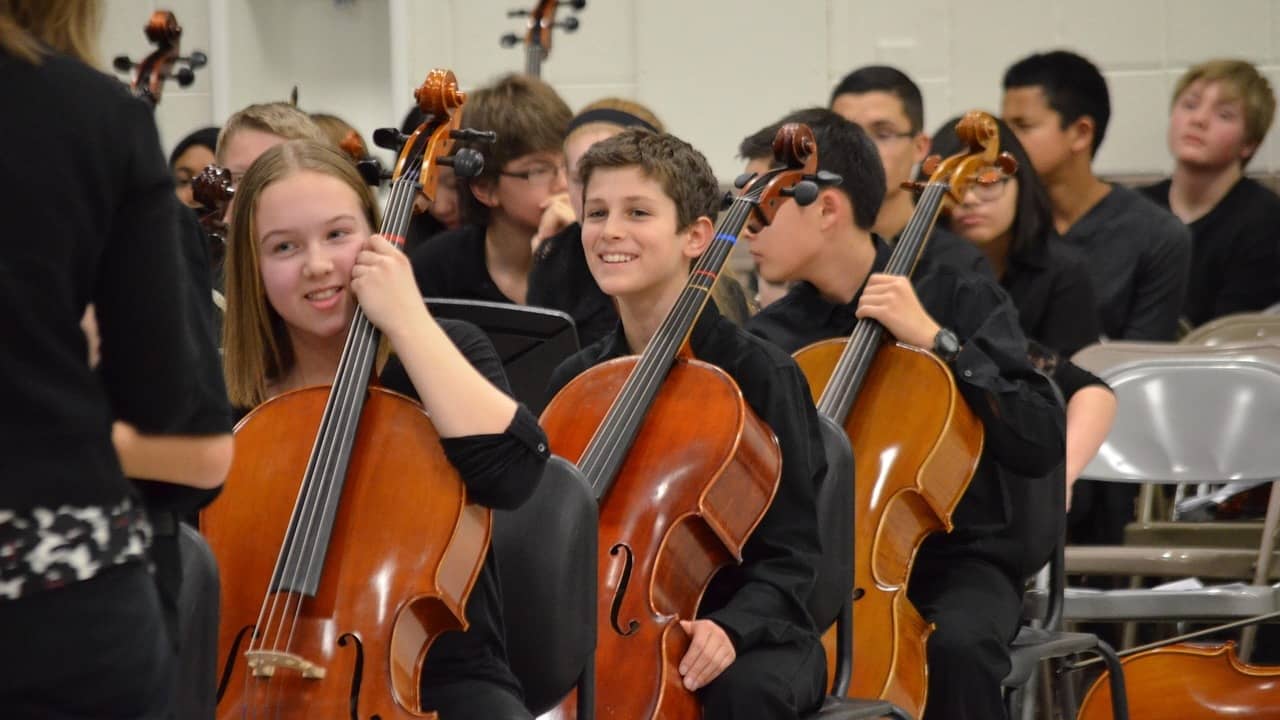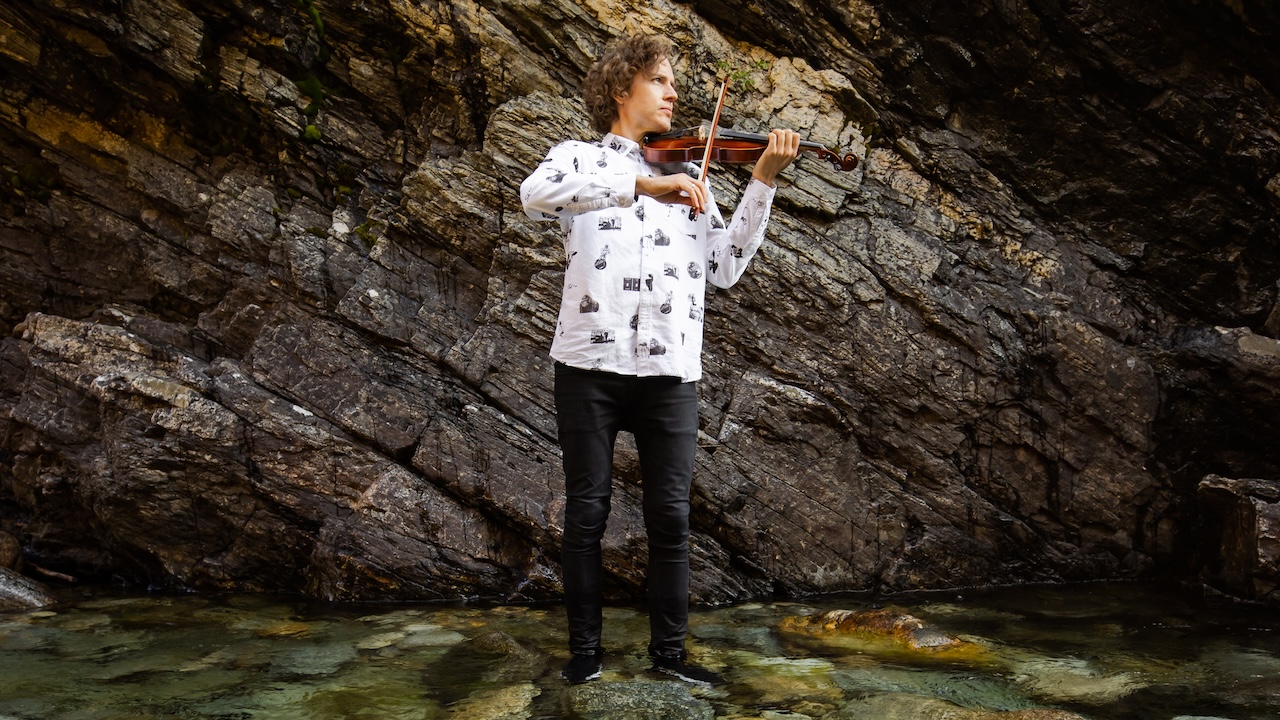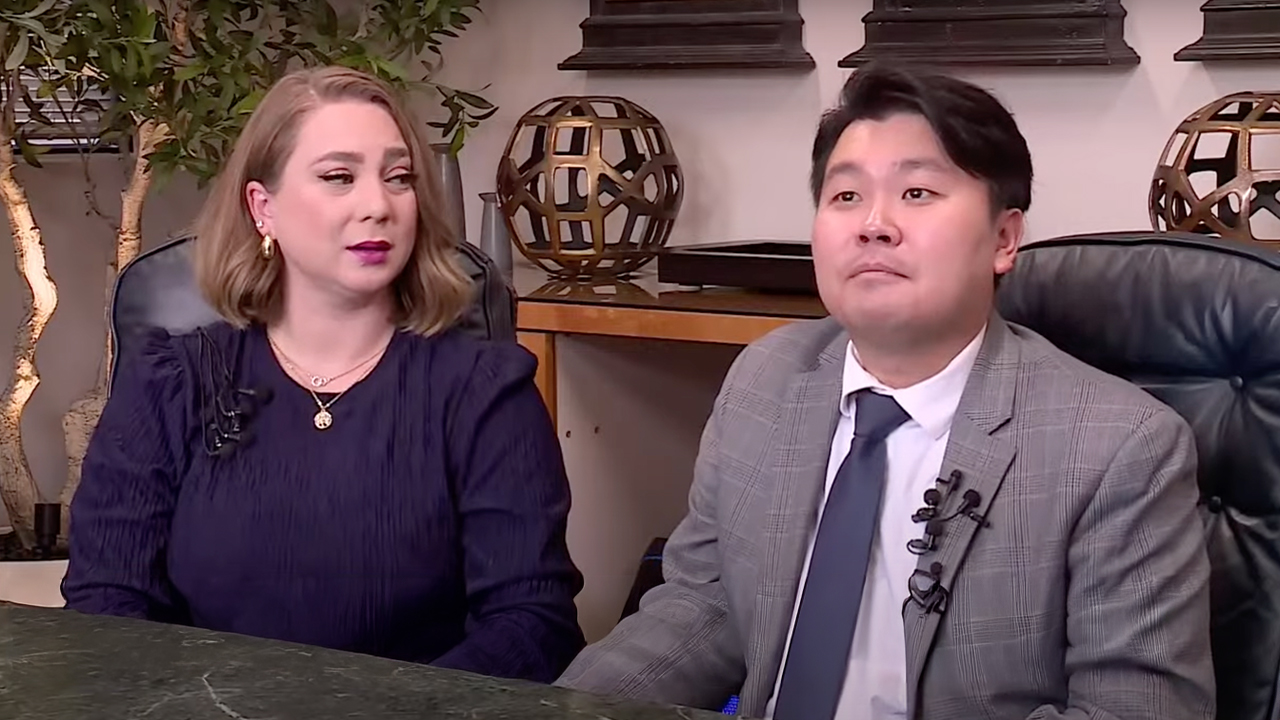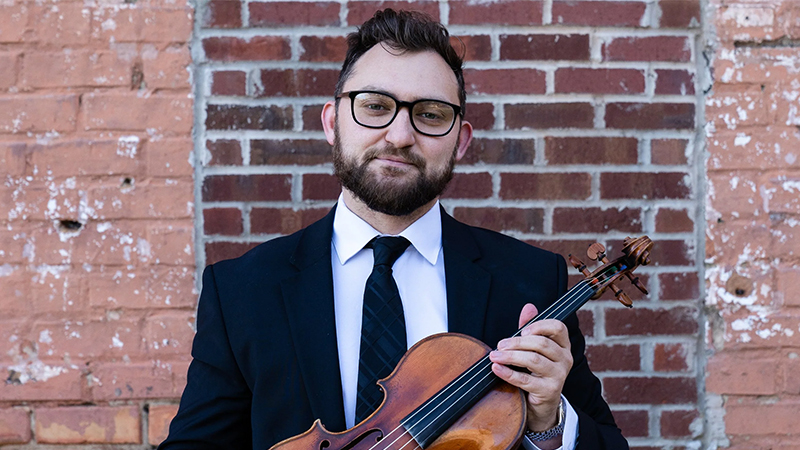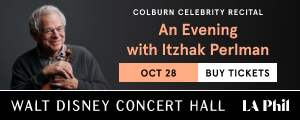
For the Record, Op. 355: Hyeyoon Park, Adrian Butterfield, Zehetmair Quartett, JACK Quartet, Carpe Diem String Quartet, Erin James
Welcome to "For the Record," Violinist.com's weekly roundup of new releases of recordings by violinists, violists, cellists and other classical musicians. We hope it helps you keep track of your favorite artists, as well as find some new ones to add to your listening! Click on the highlighted links to obtain each album or learn more about the artists.
Silenced
Hyeyoon Park, violin
WDR Symphony Orchestra, Gergely Madaras, conducting
Winner of the 2009 ARD International Music Competition, South Korean violinist Hyeyoon Park presents a program that showcases two composers who were at odds with their respective political environments. Dimitri Shostakovich’s First Violin Concerto was banned for its "formalist distortions" and premiered in 1955, only after Stalin’s death. Refusing to join the Nazi-aligned Kultuurkamer, Dutch composer Henriëtte Bosmans saw her work banned as well. Her Concert Piece for Violin and Orchestra, composed in grief, is introspective and bitter in tone. A youthful academic exercise by Shostakovich – Variations Op. 3 – brings the album to a close. BELOW: trailer for the album.
Keep reading...
The Week in Reviews, Op. 521: Renaud Capuçon, Aubree Oliverson, Daniel Lozakovich
In an effort to promote the coverage of live violin performance, Violinist.com each week presents links to reviews of notable concerts and recitals around the world. Click on the highlighted links to read the entire reviews.
Renaud Capuçon performed Alban Berg’s Violin Concerto with the National Symphony Orchestra and Hans Graf.
- Washington Classical Review: "The satisfying heart of the evening, Alban Berg’s Violin Concerto, came with another welcome return, the extraordinary French violinist Renaud Capuçon.... Capuçon brought poetic beauty to this often astringent score."
Violinist Joshua Bell Awarded Honorary CBE by King Charles
This week American violinist Joshua Bell was formally named as an honorary Commander of the Order of the British Empire, or CBE, the the highest-ranking level of the Order of the British Empire, excluding knighthood. The prestigious honor was conferred by King Charles III of England, on the advice of the U.K. Secretary of State for Foreign and Commonwealth Affairs. Honorary CBEs are awarded to foreign nationals who have made a distinguished and innovative contribution to their field in the U.K.
Bell has served as Music Director of the London-based Academy of St Martin in the Fields (ASMF) since 2011, with his position recently renewed through the 2027-28 season.
"This is a profound and wholly unexpected honor," Bell said in a statement. "Leading the Academy of St Martin in the Fields for nearly 15 years has been one of the great privileges of my career. This extraordinary orchestra has always made me — an American from Indiana — feel at home in a country so rich in history and tradition. To be recognized now as a CBE deepens the sense of kinship I feel with both my orchestra and the United Kingdom."
"I could not be more grateful for this distinction, which stands as a testament to the many years of music-making I’ve been fortunate to share with these remarkable musicians," he said. Keep reading...
V.com weekend vote: How much do you know about the history/context of the music you play?
It's easy to get so involved in learning how to play music, that one forgets to learn or to even think about its history, context and background.
To be fair, "it sounds nice and I like the way it makes me feel" is certainly a good enough reason to learn a piece of music. Or, "we're playing it this week in orchestra, I need to learn the notes, lickety-split." But knowing the history and some contextual facts not only can enhance one's feeling toward the music, but also inform one's approach.
So I will throw the question to you: How much do you typically know about the history and context of music you play? Do you find yourself learning music without having the benefit of a wider context? Are you a longtime musician who simply knows a lot from past education and experience? Are you proactive about looking up the history and notes about pieces that are new to you? Do you have a teacher, conductor or mentor who is especially good about sharing this information? Do you actually find it a distraction, to go into history and context? Please participate in the vote, and then share your thoughts!
Violinist.com is made possible by...
Dimitri Musafia, Master Maker of Violin and Viola Cases
Johnson String Instrument/Carriage House Violins
Subscribe
Laurie's Books
Discover the best of Violinist.com in these collections of editor Laurie Niles' exclusive interviews.

Violinist.com Interviews Volume 1, with introduction by Hilary Hahn

Violinist.com Interviews Volume 2, with introduction by Rachel Barton Pine


